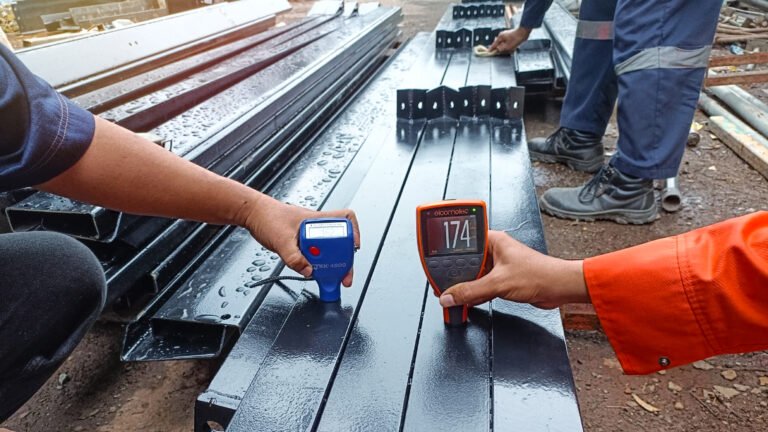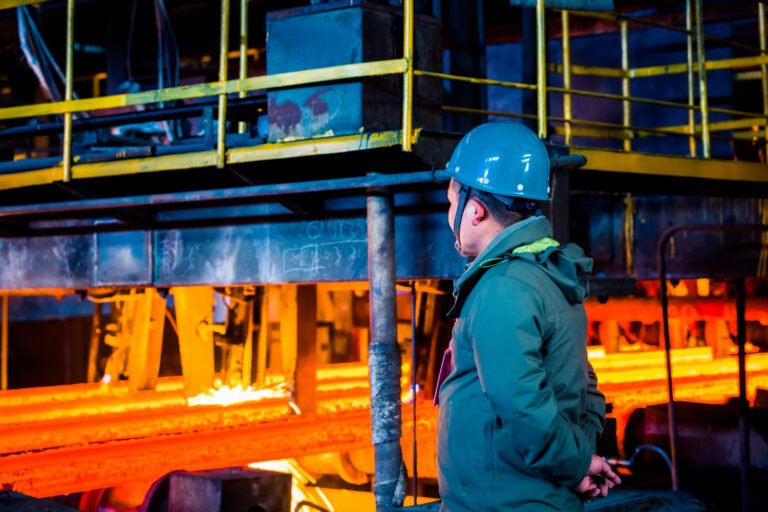Failure Analysis: Difficulties and Solutions
Failure analysis is a crucial procedure that is applied in many different industries to look into the underlying reasons why materials or components fail. But there are unique difficulties associated with this research voyage. Let’s examine some typical roadblocks encountered during failure analysis and consider workable fixes for them.
1. Difficulties in Sample Preparation
Challenge: Accurate analysis depends on proper sample preparation, which can be time-consuming and technically difficult, particularly for complex materials or big components.
Solution: To guarantee representative samples, use sophisticated sample preparation methods such precision cutting, polishing, and mounting. To prepare samples quickly and effectively, make use of specialized tools and knowledgeable personnel.
2. Complexities in Data Interpretation
Challenge: It takes knowledge and experience to interpret data from different analytical techniques (SEM/EDS, XRD, spectroscopy).
Solution: Assign the task to seasoned analysts who are well-versed in failure mechanisms and materials science. To extract valuable insights, use software tools for quantitative analysis and data visualization.
3. Time Limitations and Critical Needs
Challenge: Industries frequently have short turnaround times to fix errors and get back to work, thus quick analysis and useful information are needed.
Solution: Prioritize important analyses and put in place efficient routines. Provide accelerated analysis services in cases of urgency, guaranteeing prompt results delivery without sacrificing quality.
4. Integrity and Preservation of Samples
Challenge: In order to prevent contamination or the modification of important features, sample integrity must be maintained during handling and analysis.
Solution: Create consistent procedures for handling and storing samples. To reduce sample alteration, whenever feasible, use non-destructive testing techniques.
5. Diverse Failure Modes
Challenge: Root cause identification can be difficult since complex interactions between mechanical, thermal, chemical, and environmental elements can result in failures.
Solution: Take a multidisciplinary stance and incorporate conclusions from many analytical methods. Conduct thorough investigations taking into account the environment and all possible failure modes.
6. Interaction and Teamwork
Challenge: Successful failure analysis and the implementation of corrective steps depend on effective collaboration amongst stakeholders, including engineers, analysts, and management.
Solution: Encourage team members to communicate with each other clearly and frequently. Promote multidisciplinary conversations to learn about failure situations from a variety of viewpoints and perspectives.
Sophisticated analytical tools, effective project management, and technical know-how are needed to overcome these obstacles. Here at MTS India, we’re experts in offering customized failure analysis solutions that assist businesses solve challenging issues and improve product reliability.
Get in touch with us right now to learn more about our failure analysis services and how we handle these difficulties.








